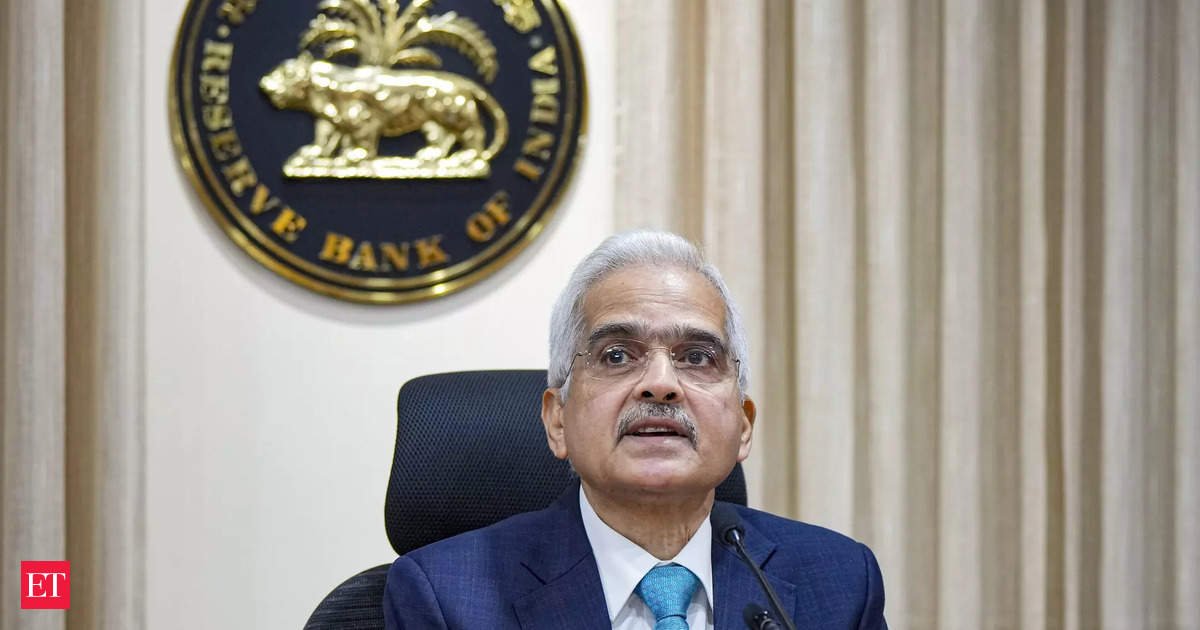RBI’s concerns extend beyond food inflation: Other challenges facing Das & Co
The Reserve Bank of India (RBI) has expressed its concerns over the escalating core inflation rates, which have seen a significant increase. Core inflation, which excludes volatile items such as food and energy, climbed to 3.8 percent in October. This uptick in core inflation is noteworthy as it highlights the enduring cost pressures that affect both consumers and businesses across the country.
The rise in core inflation can be attributed to several factors including increased costs in goods and services that are less susceptible to immediate market changes. This persistent inflationary trend is causing the RBI to take a cautious approach as it continues to monitor economic indicators closely.
In response to these economic pressures, the RBI’s Monetary Policy Committee is contemplating various strategies to address the situation. The committee’s decisions are crucial as they have a direct impact on the country’s monetary stability and can influence economic growth.
The focus on core inflation is important because it provides a clearer measure of long-term inflation trends, apart from the immediate fluctuations caused by food and energy prices. By keeping a close eye on this measure, the RBI aims to implement policies that help stabilize the economy and mitigate any adverse effects on the cost of living and business operations in India. Thus, the central bank’s vigilance on core inflation is a critical aspect of its broader economic management strategy.


Leave a Comment